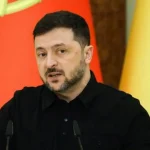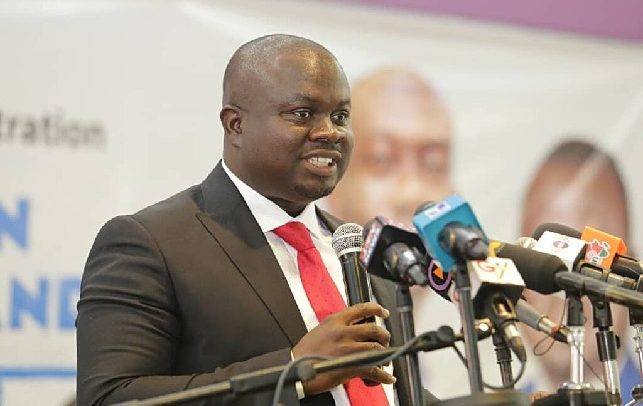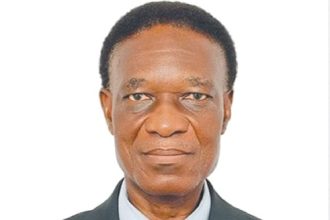Vice President, Dr. Mahamudu Bawumia has explained the reasons that have necessitated Ghana’s return to the International Monetary Fund (IMF).
Speaking at the Accra Bussiness School today (Thursday, 14 July 2022), the Vice President listed what he calls the “quadruple whammy” that has sent the government back to the global fund.
The quadruple challenges are the novel Covid-19 pandemic, the Russia- Ukraine crisis, the banking sector clean-up, and the excess capacity payment which he blames on the erstwhile Mahama administration.
He further explains that Ghana’s fiscal debt sustainability has worsened.
“If you take out the fiscal impact of the quadruple whammy, Ghana will not be going to the IMF for support because our fiscal, debt, and balance of payments outlook would be sustainable”.
“Of the four factors, two were external and the other two were the result of the policies of the previous government”, Dr. Bawumia reiterated.
The Chairman of the Economic Committee further stated that the government has spent GH₵54 billion on the energy sector excess capacity payments, banking sector clean-up, and Covid-19.
An amount he said is triple the GH₵15.6 billion expenditure on the government’s flagship policies like the Free SHS, NABCO, and One district one factory over a period of 5 years.
The Vice President noted that all these concerns have compelled them to seek a bailout.
“With the challenges in accessing the international capital market, the balance of payments support was needed to bridge the financing gap, stabilize the economy and create space to implement structural reforms and restore debt sustainability. Hence decision to seek IMF support,” the Vice President stressed.
Meanwhile, initial engagements between the government and the Fund ended on a positive note on Wednesday, 13 July 2022.
An IMF staff team led by Carlo Sdralevich visited Accra from July 6 to 13, 2022, to assess the current economic situation and discuss the broad lines of the government’s Enhanced Domestic Programme that could be supported by an IMF lending arrangement.
The IMF team met with Vice President Dr. Mahamudu Bawumia who is the head of Ghana’s Economic Management team, Finance Minister, Ken Ofori-Atta, and Governor of the Bank of Ghana, Dr. Ernest Addison.
The team also met with the Parliament’s Finance Committee, civil society organisations, and development partners, including UNICEF and the World Bank to engage in social spending.
At the conclusion of the mission, Mr. Sdralevich issued the following statement:
“Ghana is facing a challenging economic and social situation amid an increasingly difficult global environment. The fiscal and debt situation has severely worsened following the COVID-19 pandemic. At the same time, investors’ concerns have triggered credit rating downgrades, capital outflows, loss of external market access, and rising domestic borrowing costs.
“In addition, the global economic shock caused by the war in Ukraine is hitting Ghana at a time when the country is still recovering from the Covid-19 pandemic shock and with limited room for maneuver. These adverse developments have contributed to slowing economic growth, accumulation of unpaid bills, a large exchange rate depreciation, and a surge in inflation.
“The IMF team held initial discussions on a comprehensive reform package to restore macroeconomic stability and anchor debt sustainability. The team made progress in assessing the economic situation and identifying policy priorities in the near term. The discussions focused on improving fiscal balances in a sustainable way while protecting the vulnerable and poor, ensuring the credibility of the monetary policy and exchange rate regimes, preserving financial sector stability, and designing reforms to enhance growth, create jobs, and strengthen governance.
“IMF staff will continue to monitor the economic and social situation closely and engage in the coming weeks with the authorities on the formulation of their Enhanced Domestic Program that could be supported by an IMF arrangement and with broad stakeholders’ consultation. We reaffirm our commitment to support Ghana at this difficult time, consistent with the IMF’s policies.”
















